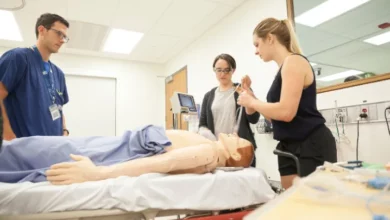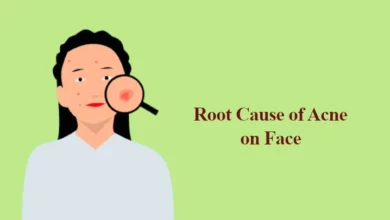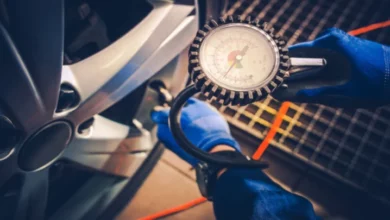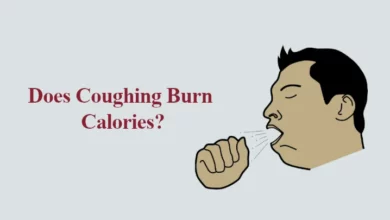4 Enjoyable Activities for Older Adults to Keep Fit
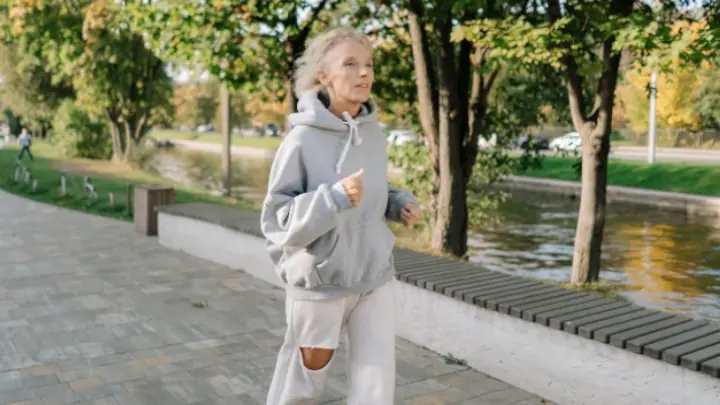
As our bodies change, the activities that keep us busy also evolve. We begin life crawling around the floor. After we get the hang of walking and running, we may take up sports and games.
People may modify these activities to suit their bodies and lifestyles as they age. That doesn’t mean the fun and excitement need to end! Here are four great activities older adults love doing to keep fit.
1. Swimming
There’s something so relaxing about floating in the water or using your limbs to push yourself along with its flow. Swimming is a low-impact activity that exercises nearly every muscle in your body.
Many older adults enjoy how swimming strengthens their body. It can be calming, yet submerging in the water is also refreshing. Communities like All Seniors Care have pools so older adults can swim alone or with peers in a class.
Everything is more fun together, including being underwater.
2. Walking
There’s nothing pedestrian about walking! Going for a walk can be a stimulating, exciting activity. You can see and meet with friends and visitors, check out the latest neighbourhood developments, and clear your mind.
Walking is a healthy activity for older adults. Just wear comfortable shoes and suitable clothing for the weather and bring water. Walking lets you go at your own pace. Seek out a specific destination or go for an aimless stroll. Take a rest or speed up whenever you please. The choice is yours.
3. Yoga
Yoga is an ancient activity caught in North America over the past decade or two. There are many types of yoga, from hot and cold to various intensity levels.
Older adults wading into this world for the first time should begin with some safe and simple poses under the guidance of an expert experienced in working with people their age. Leading retirement homes offer yoga classes where older adults don’t need to look hard to find the perfect teachers and like-minded classmates.
4. Dancing
Moving your body in response to a song’s rhythm is something people can’t stop themselves from doing. Some people tap their feet. Others get their arms, legs, and hips into it.
There’s no wrong way to dance. There’s an old African proverb, “If you can talk, you can sing; if you can walk, you can dance,” and that’s important for older people to remember. Whether young or old, you don’t need to spin on your head like a breakdancer or know a complicated routine with many steps to enjoy dancing.
Just feel the music; let it travel through your body. However you respond, that’s your dancing style! Don’t be afraid to let it all hang out on the dance floor and show everybody your moves.
Conclusion
Staying physically active and busy is an essential part of life, which doesn’t change, regardless of age. Keep getting exercise that suits your body and makes you happy, and you’ll be really glad you did.

